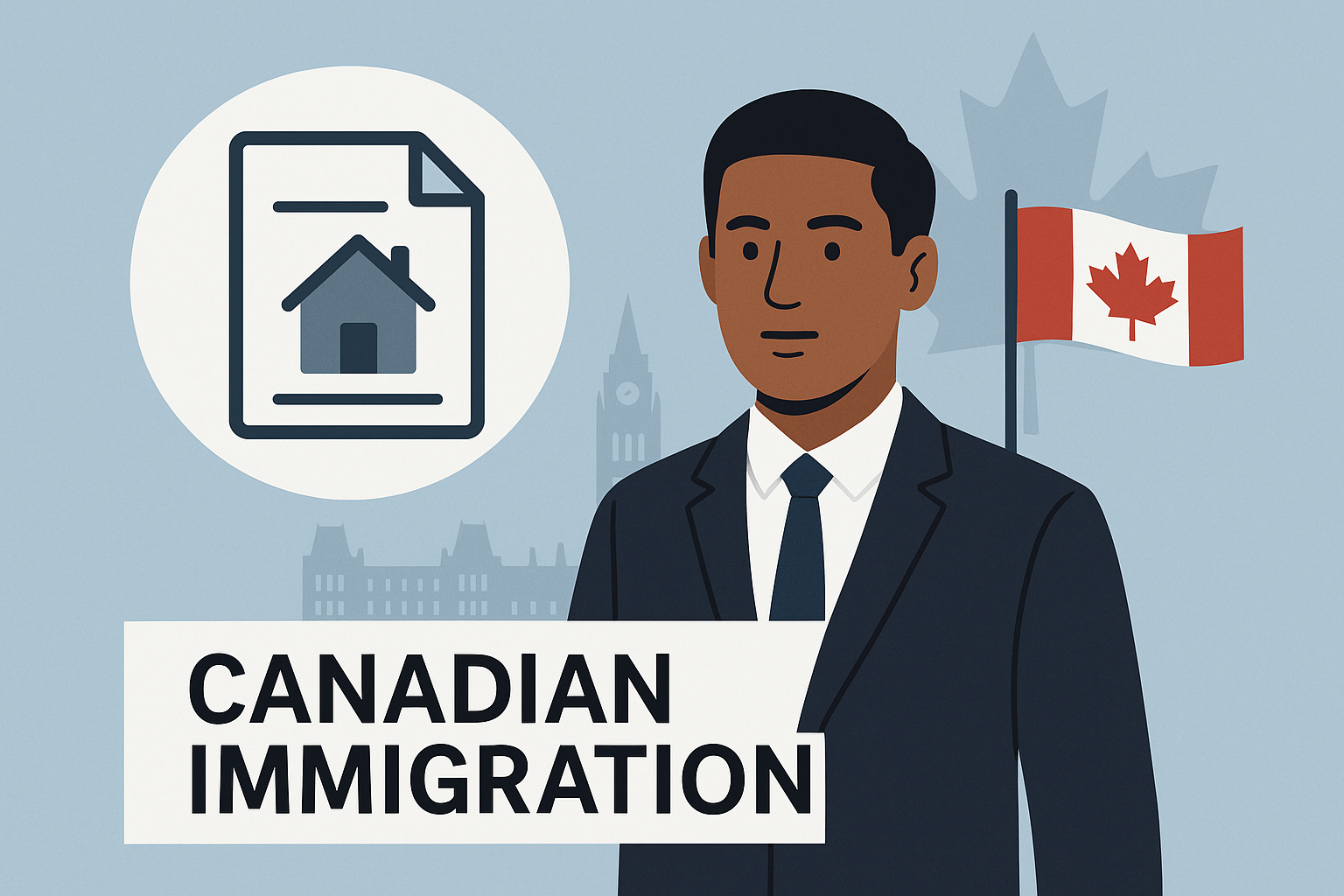
IRCC issued new program delivery instructions clarifying how changes to a Sponsorship Agreement Holder’s (SAH) status affect processing of in‑process refugee sponsorship caseloads and outlining criteria that may trigger status changes. The informational update sets out resolution pathways and next steps to improve consistency and transparency for sponsors and officers, though affected files may face short‑term delays.
Soheil Hosseini
September 29, 2025
Jurisdiction
Federal
Week
Week 40
Impact
Low
Programs Affected
IRCC issues new instructions on Sponsorship Agreement Holder status changes, criteria and caseload processing
Summary: Immigration, Refugees and Citizenship Canada (IRCC) has released new program delivery instructions detailing how changes to a Sponsorship Agreement Holder’s (SAH) agreement status affect the processing of in‑process refugee sponsorship cases, alongside criteria that may trigger status changes and pathways to resolution. The update is informational and aimed at ensuring consistent case handling across the SAH network.
Date of update: 2025-09-29
Source: IRCC
Program affected: Sponsorship, Refugees
Urgency: Informational IRCC has published new internal policy and procedural guidance—posted publicly as a courtesy to stakeholders—on SAH agreement actions. The instructions clarify how a change in a SAH’s Sponsorship Agreement status will impact the processing of its in‑process caseload, outline criteria that may lead to a status change, and set out the pathway to resolution and next steps. Key details:
- Scope: Sponsorship Agreement Holder (SAH) agreement actions
- What’s new: Instructions on the impact of SAH status changes on in‑process caseloads
- Criteria included: Factors that may lead to a SAH status change, plus resolution pathways and next steps
- Programs: Sponsorship, Refugees
- Source: IRCC
- Date: 2025-09-29
- Nature: Program delivery update; informational Independent analysis:
- Potential positives: The guidance should improve transparency and consistency in processing when a SAH’s status changes, reduce uncertainty for officers and sponsors, and provide predictable pathways to resolution, which may strengthen program integrity and compliance.
- Potential negatives: Status changes could still slow processing for affected in‑process cases and impose administrative burdens on sponsors while they navigate resolution steps. Short‑term uncertainty for sponsored refugees may persist during transitions.
- Practical takeaway: Stakeholders—especially SAHs—should review the new instructions on IRCC’s website to understand triggers for status changes and how ongoing files will be managed under the revised guidance.
Closing:
This IRCC update formalizes how SAH status changes are handled operationally, offering clearer criteria and processes that can help sponsors and applicants anticipate next steps while maintaining program integrity.
Tags: Canada immigration, IRCC, Sponsorship Agreement Holder, SAH, refugee sponsorship, program delivery update, caseload processing, policy guidance, Canadian refugees, immigration compliance, administrative law, legal update
Categories
Share This Post
Stay Updated with Immigration News
Get the latest updates on Express Entry draws, OINP invitations, policy changes, and more delivered to your inbox.
We respect your privacy. Unsubscribe at any time.
Related Articles

IRCC updates JAS instructions
IRCC updated and expanded officer delivery instructions for the Joint Assistance Sponsorship (JAS) program on 2026-02-23 to clarify handling of refugees with special needs. The informational changes aim to improve consistency in complex cases; sponsors and settlement partners should review the revised guidance.

Reciprocal Employment Update
IRCC updated the Reciprocal Employment PDI (R205(b)–C20), integrating Port of Entry procedures into the main guidance, standardizing the format, and adding a dedicated family-member section. The change gives officers expanded direction on approvals/refusals—improving consistency but potentially raising evidentiary expectations; employers and counsel should update POE packages, checklists and SOPs.

IRCC short-term study guidance
IRCC updated guidance: short courses of six months or less can be taken in Canada without a study permit if completed within the individual’s authorized stay, though a study permit may still be obtained to enable in‑Canada extensions or student work; programs over six months (and non‑DLIs) require a permit. Accredited foreign representatives and their families are exempt from study permits with GAC counterfoils (D/C/J/I) authorizing initial six‑month entry—dependents under 19 exempt, 19–24 only if full‑time, 25+ only in exceptional cases.

IEC in‑Canada printing
IRCC will continue to allow eligible International Experience Canada participants already in Canada who apply for a subsequent IEC work permit while holding a valid IEC permit to have their application examined and their work permit printed and issued in‑Canada. This measure (IEC under IMP R204(d) – C21) remains in effect until further notice, reducing the need for flagpoling but only applying to subsequent IEC applicants.